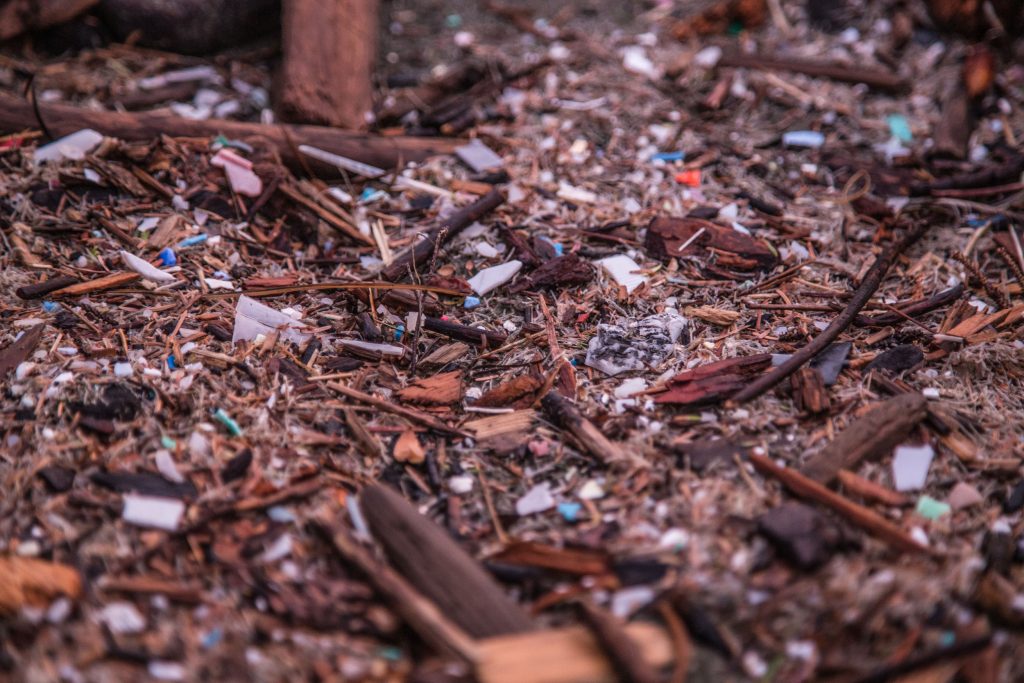Our Approach
Targeted, collaborative projects that demonstrate positive environmental change.
Photo by: Chris Fry
The environmental challenges we all face are complex and require global, national, and local action. Fidra recognises that everyone has a role to play from individuals, communities, and industry, with government leading the way with a clear regulatory framework. We believe our organisation can be most effective by being practical and solution focused.
Fidra’s projects demonstrate tangible change through collaboration. We target issues where we can have a positive impact through our project-based model. Our projects acting as ‘demonstrators’ that drive direct change and inspire further action for our environment.
Fidra’s focus
- Fidra’s goal is to have a clear impact whilst being a catalyst for broader change.
- Fidra aims to promote a holistic view of environmental change, ensuring each of our projects feeds into efforts to address the climate and biodiversity crises.
- Fidra use the best available science and evidence to identify projects and inform our work.
- Fidra believes that everyone has a role in seeking solutions from individuals, communities, government and industry.
- Fidra aims to ensure we meet the best possible sustainability standards as an organisation.
Preventing pollution and supporting sustainability
To realise our vision of sustainable societies and healthy ecosystems we focus on preventing pollution and supporting sustainable practices. We recognise chemicals and plastics are essential to modern society but there is no doubt that plastic and chemical pollution, the focus of many of our projects, are part of a complex web of issues contributing to biodiversity loss and perpetuating greenhouse gas emissions. We must manage materials better and prevent pollution to support efforts to address the climate and biodiversity crises and to help building a circular economy.
Fidra is working to:
- Reduce harmful environmental impacts of everyday lives by preventing pollution and supporting sustainability.
- Build resilience through removing the chemical and plastic pollution burden on our environment.
- Prevent resource loss and create a fully regenerative and restorative circular economy by building a transparent, well-regulated chemical management system and reducing plastic waste and chemical pollution, including highlighting the importance of moving away from single use materials.
- Improve data, transparency, monitoring and reporting to ensure local, national and global resources are more effectively managed, through our work on the global pellets supply chain, UK chemical strategy and advocating for a sustainability dashboard for Scottish salmon farms.
- Support an economic system with environmental sustainability at its heart through our work on a safe circular economy and incorporating the polluter pays principle into our projects.
- Mobilise investors to focus on green solutions through our leverage with the UNPRI.
- Promote representative participation in decision making through our citizen engagement project on nurdles and work on PFAS that informs legislation and industry practice.

‘If we pollute the air water and soil that keep us alive and well, and destroy the biodiversity that allows natural systems to function, no amount of money will save us’
David Suzuki
Current projects
Our targeted projects focus on preventing pollution and promoting sustainability. We are ending the unnecessary use of chemicals, finding alternatives to single use items, and stopping losses from supply chains, this prevents pollution and keeps resources in the system.
Preventing Chemical Pollution
To achieve sustainable economic growth Fidra is working with key stakeholders to help ensure that the new UK chemical strategy is robust and provides a regulatory framework that prioritizes health and environmental protections. Fidra is working with retailers and suppliers to remove forever chemicals PFAS from food packaging and calling for legislation to restrict PFAS use.
A Safe Circular Economy
Ending the use of harmful chemicals is essential to building an effective circular economy where products can be repaired, reused, and recycled. The current use of bisphenols in receipts for example, means recycled paper is contaminated with chemicals that are toxic to reproduction, and the use of chemical flame retardants in mattresses prevents the safe re-purposing and recycling of these products as many contain harmful chemicals that are now banned.
Preventing Plastic Loss
By working to plug the microplastic leaks in plastics supply chains, we are highlighting the vast scale of production that takes place largely out of sight of the consumer. We shine a light on both good and poor practice from production to distribution. The loss of virgin plastic pellets (nurdles) in particular, into the environment is a huge resource waste as these nurdles have not ever been used, and they pose a significant threat to wildlife. The information gathered and awareness raised by The Great Nurdle Hunt project is proving useful to organisations and investors pushing for broader change across the petrochemicals industry.
Our work on artificial sports pitches highlights microplastic loss and a lack of end-of-life solutions. We shine a spotlight on what can be done to minimize loss and advocate safer alternatives whilst contributing to the evidence that greater regulation, transparency and accountability is needed to reduce microplastic pollution.
Reducing Environmental Impacts
Our work on Best Fishes (Scottish salmon farming) is calling for greater transparency from farm to fork. Fidra’s reports on the use of formaldehyde and polystyrene fish boxes are highlighting issues of chemical pollution, plastic pollution and alternatives to single use packaging. We are calling for accessible, clear information so consumers and businesses can make well informed choices.
Find out more about our projects and the impact we are having:
